Some of the most interesting television projects coming out of Flanders have one key thing in common: women directors. In recent years, projects supported by the Flanders Audiovisual Fund (VAF) have seen a significant increase in female professionals, jumping from 22% to 41%, and series like “Roomies,” from Flo Van Deuren and Kato De Boeck, have experienced great local and international success.
Speaking with Variety, “The Class of 2000” director Heleen Declercq says she believes this increase is due to the upcoming generation of filmmakers having grown up with women creatives to look up to. Even relatively younger directors like Van Deuren and De Boeck have already begun influencing those who follow in their footsteps. “Around three years ago, we started seeing more women directors, and you have more women graduating in fiction filmmaking than before,” adds Declercq.
Britt Raes, who is adapting her Berlin-selected short “Luce and the Rock” into an animated series for VRT’s Ketnet (the children’s arm of the Belgian broadcaster), echoes that thought, noting an increased number of women studying animation. “I have taught at university for a few years now, and there has been a noticeable shift,” she says.
Raes brings up Emma De Swaef, who co-directed Netflix’s “The House,” as an example of an emerging female talent. “A series like that is quite a big thing to have on your resume, and it’s incredible for someone young to see that someone from Flanders can reach that,” she says.
Upcoming comedy series “BOHO,” about three 30-something women navigating life in Antwerp, for Belgian service Streamz, is a testament to the wealth of female Flemish creativity. All the heads of department on the production were women, an experience director Olympia Allaert calls “amazing.” “Especially for a series like this, it was important to have an understanding of what the characters feel and go through,” she adds.
“In many productions, all heads of department are men and nobody says, ‘Wow, this is too many men,’ but for women it works differently,” notes series producer Helen Perquy of shingle Jonnydepony. The veteran also underscores the fact that she has felt a setback in the industry in the last five years. “Decisionmakers are choosing safety, whatever that means. I feel they have become more conservative and, unfortunately, women still aren’t seen as the safe option. It sounds cynical, but the white man is back,” she says.
Both Raes and Declercq say the same, noting that, while more women are training to enter the industry, they are still facing some of the same old issues once they’re on their way in. “It’s not that the doors are closed for me, but I might have to knock when a man just has to walk through,” says Raes. “I’m OK knocking on those doors, but not everyone has the energy or the conditions to knock and knock and knock.”
Lastly, Karla Puttemans, the new CEO at VAF, says gender parity is “certainly important” to her and the organization, but adds to the notion that all recent progress has not yet led to equality. “The gender balance remains unstable and uncertain, so we remain vigilant and continue to encourage and stimulate the sector on this important issue.”

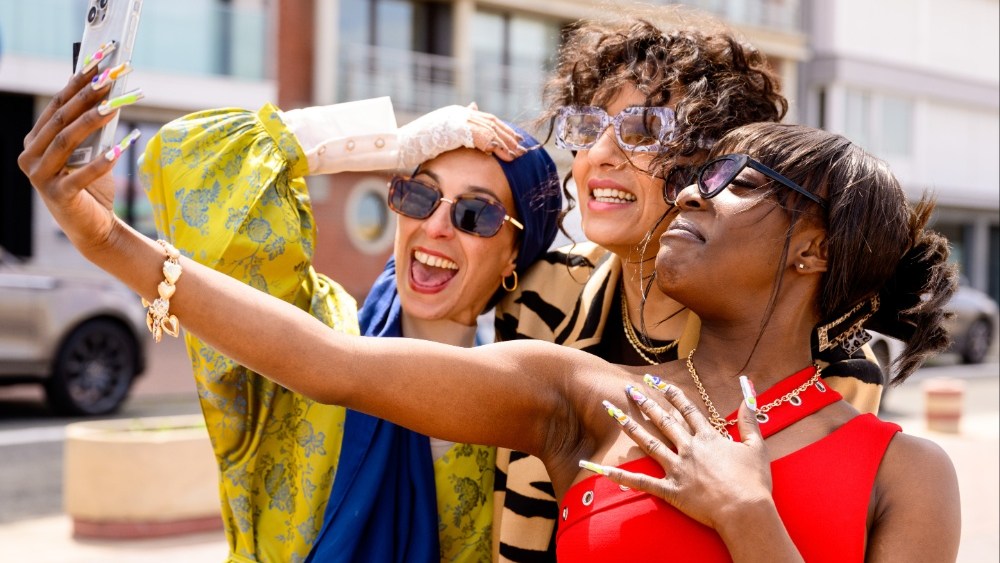
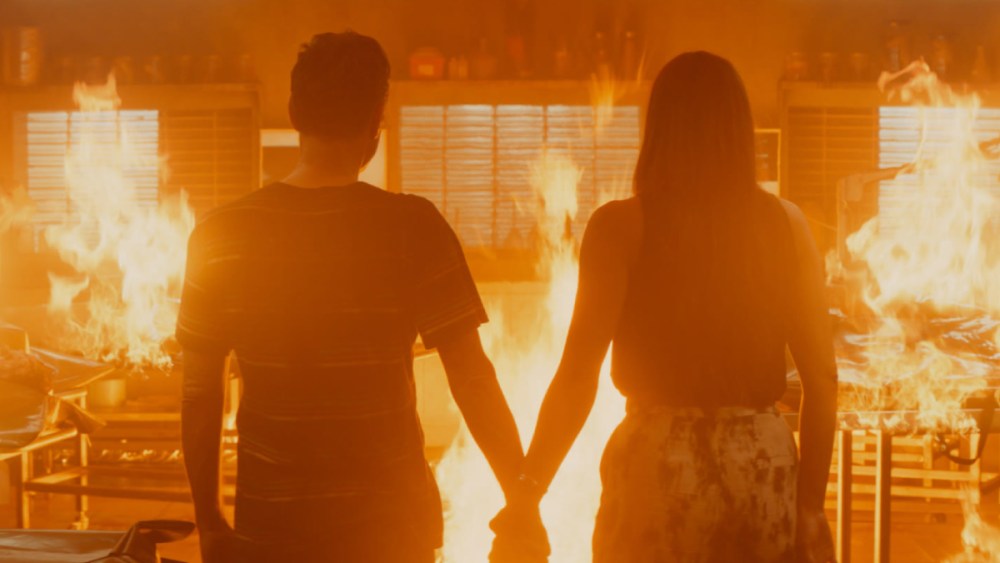
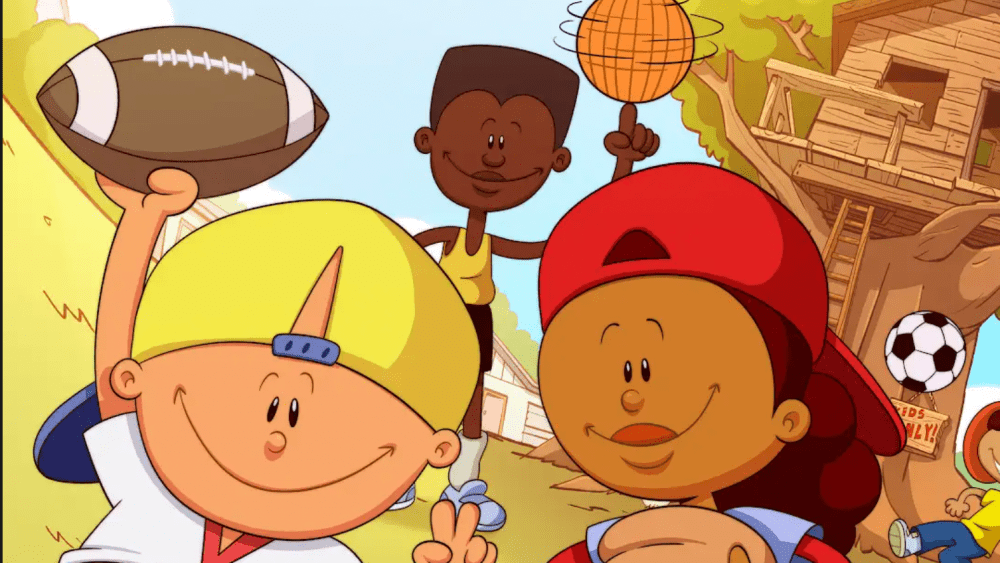
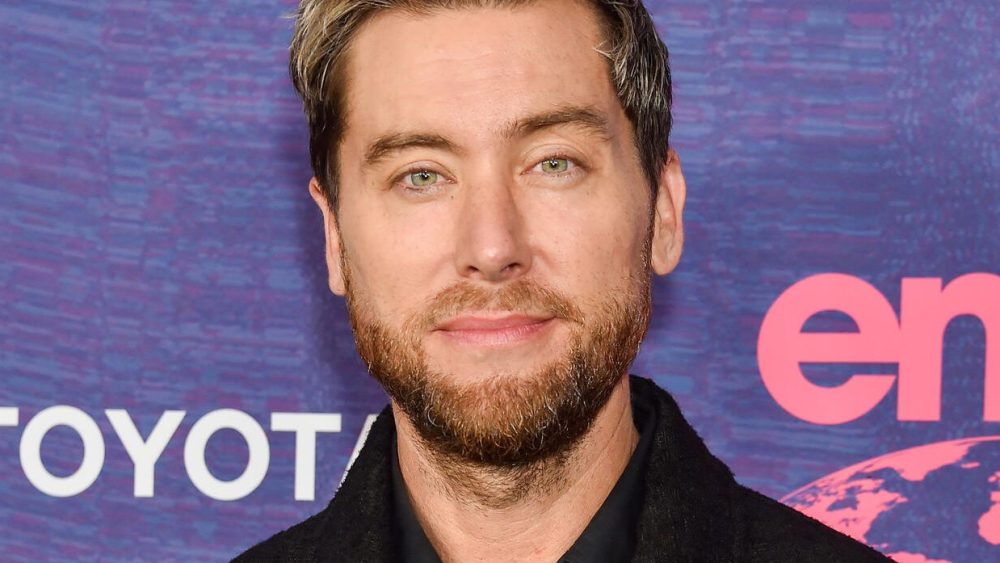
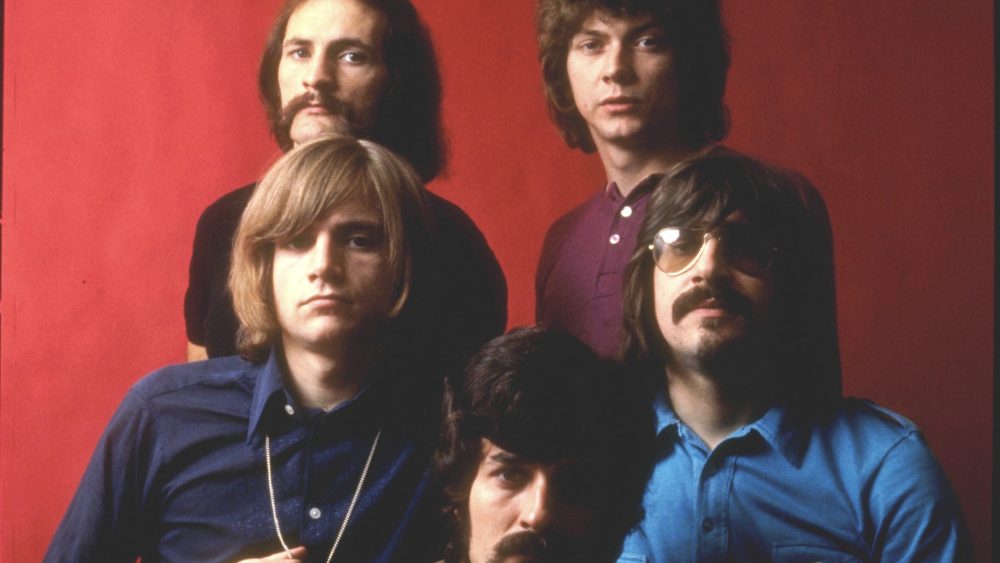
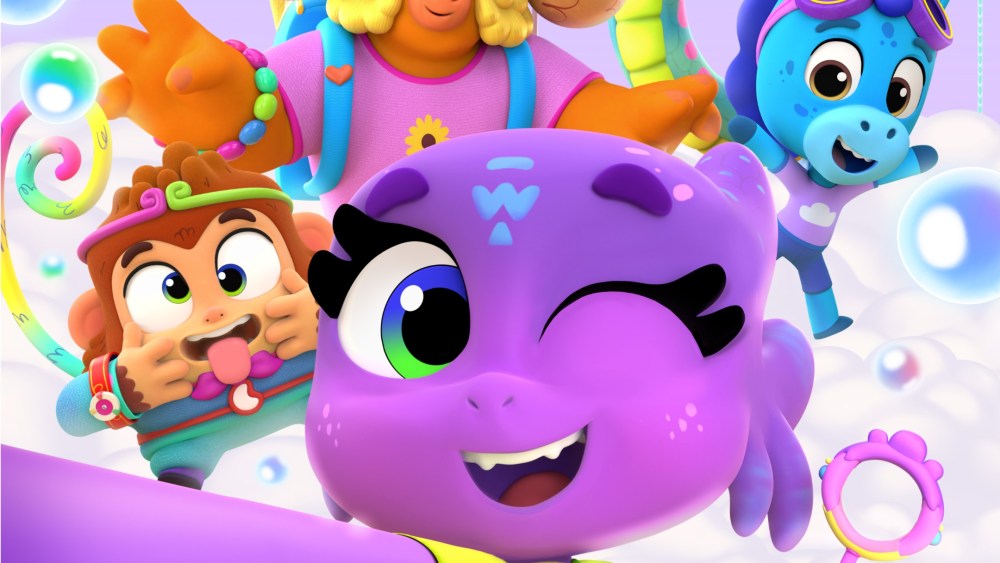
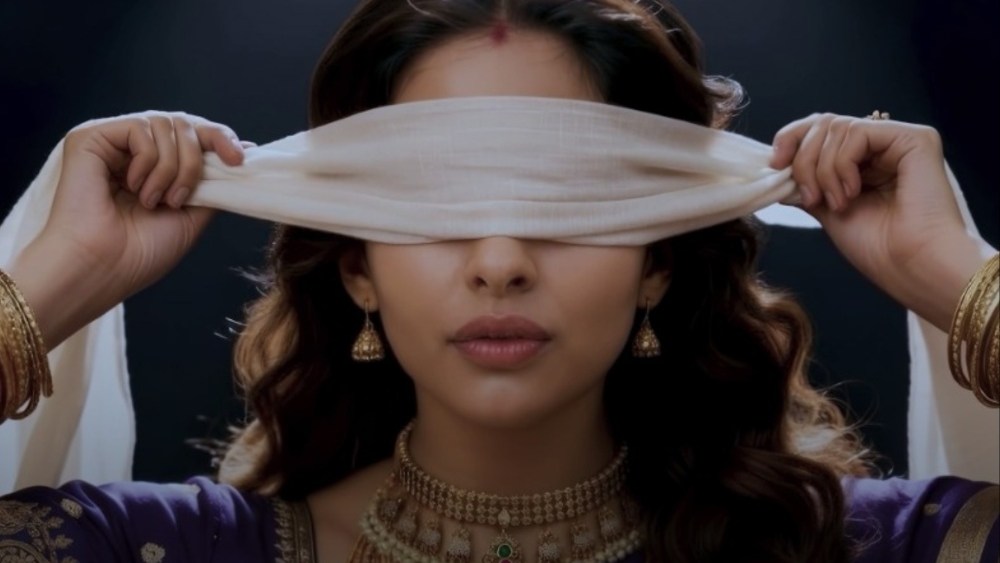

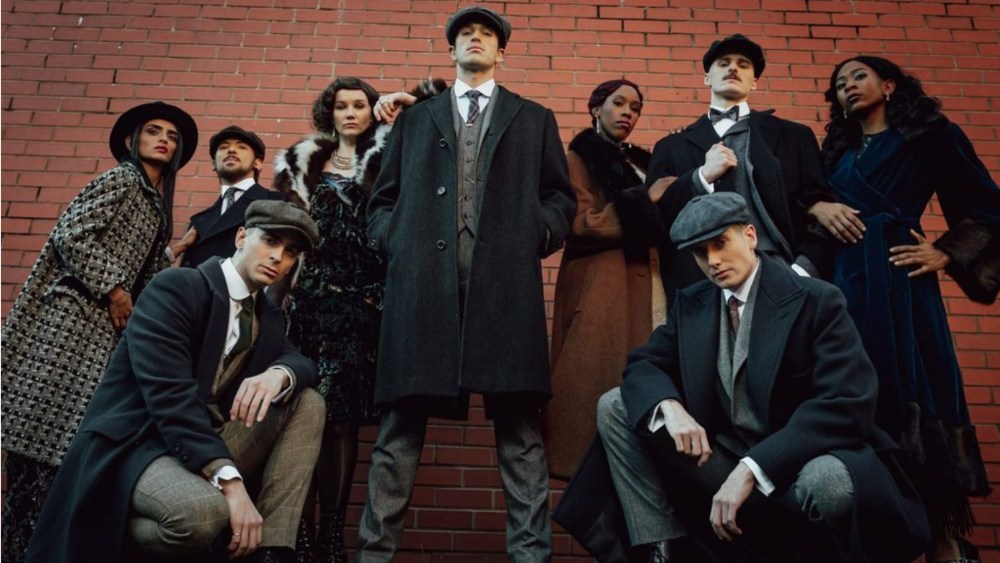
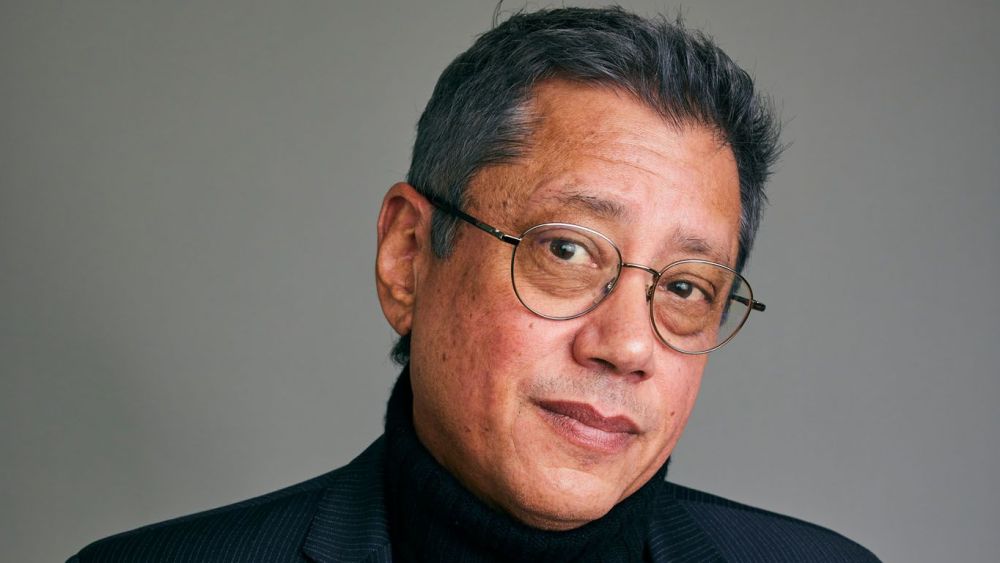

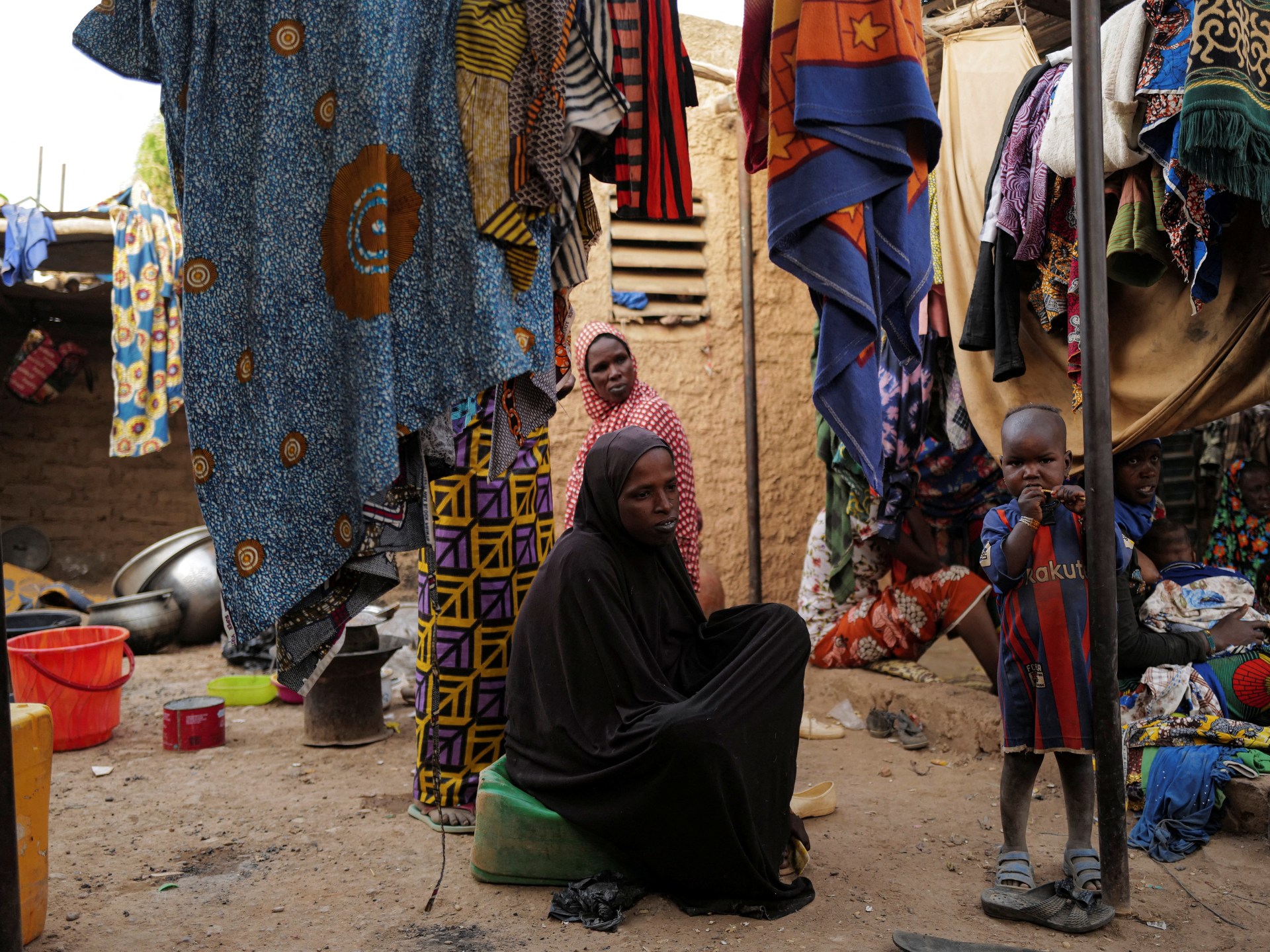


Leave a Reply